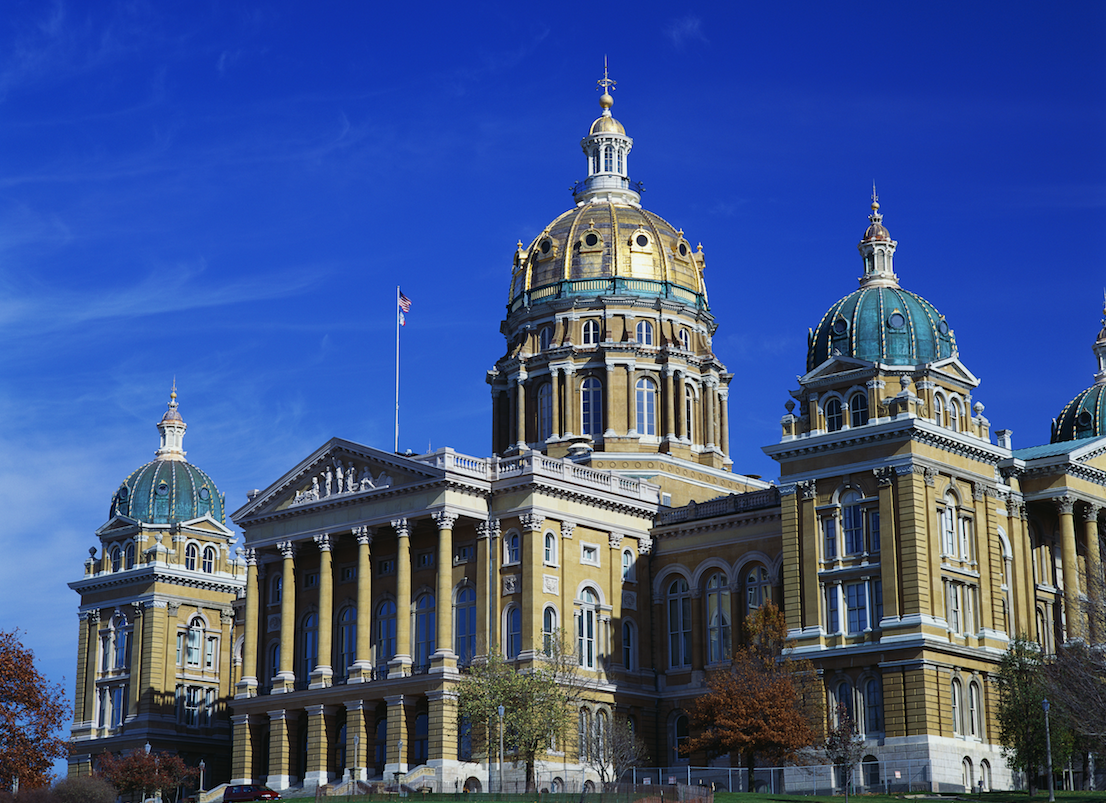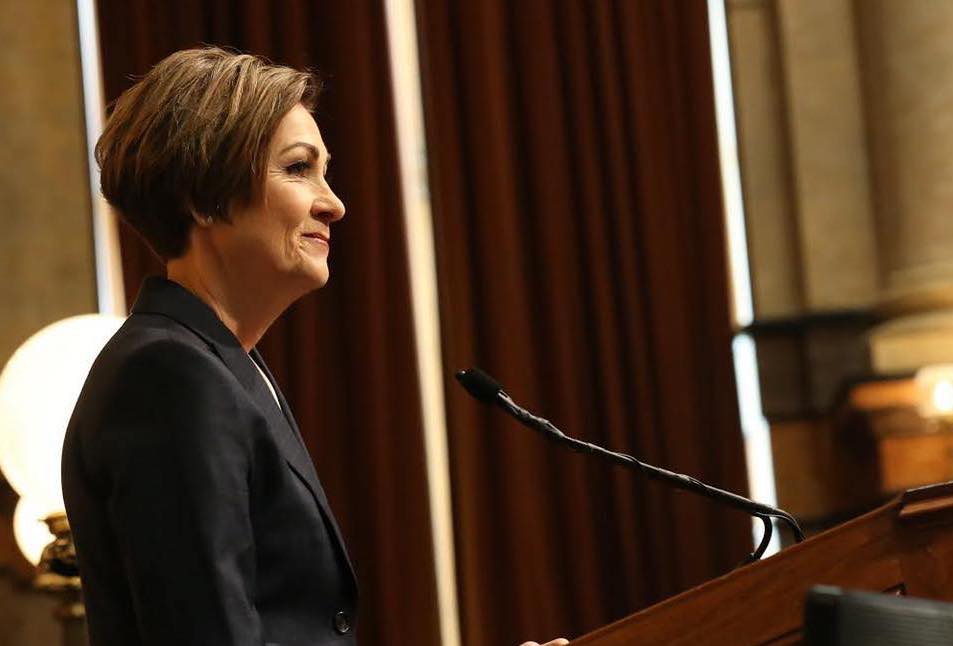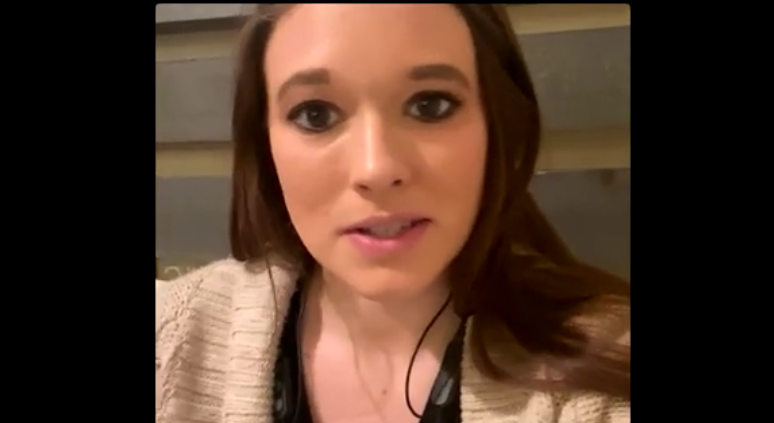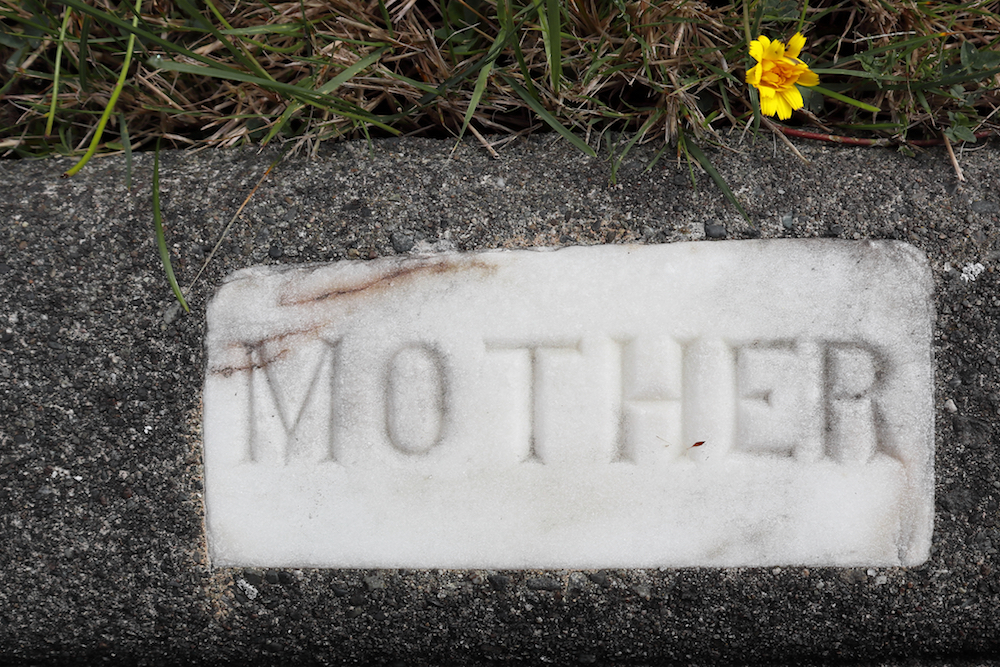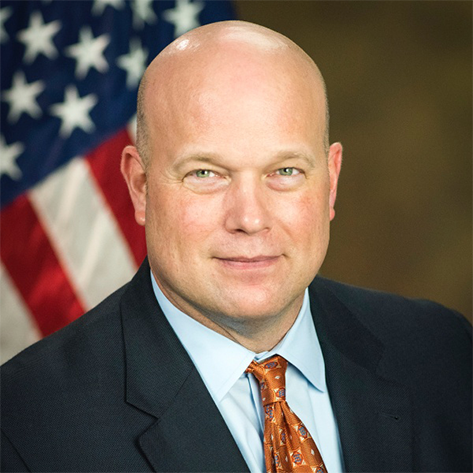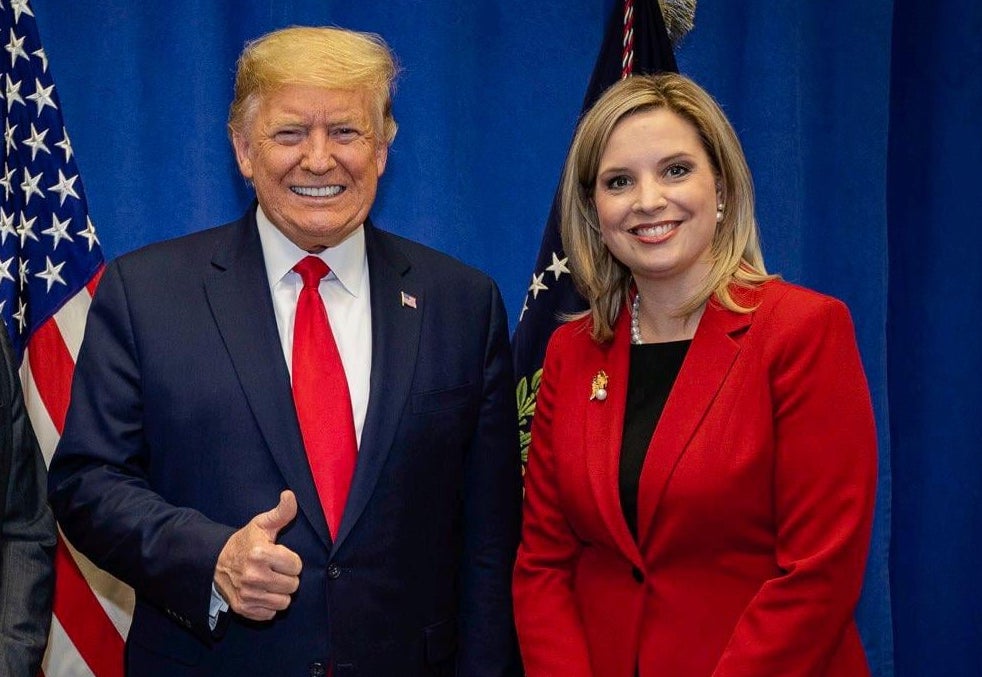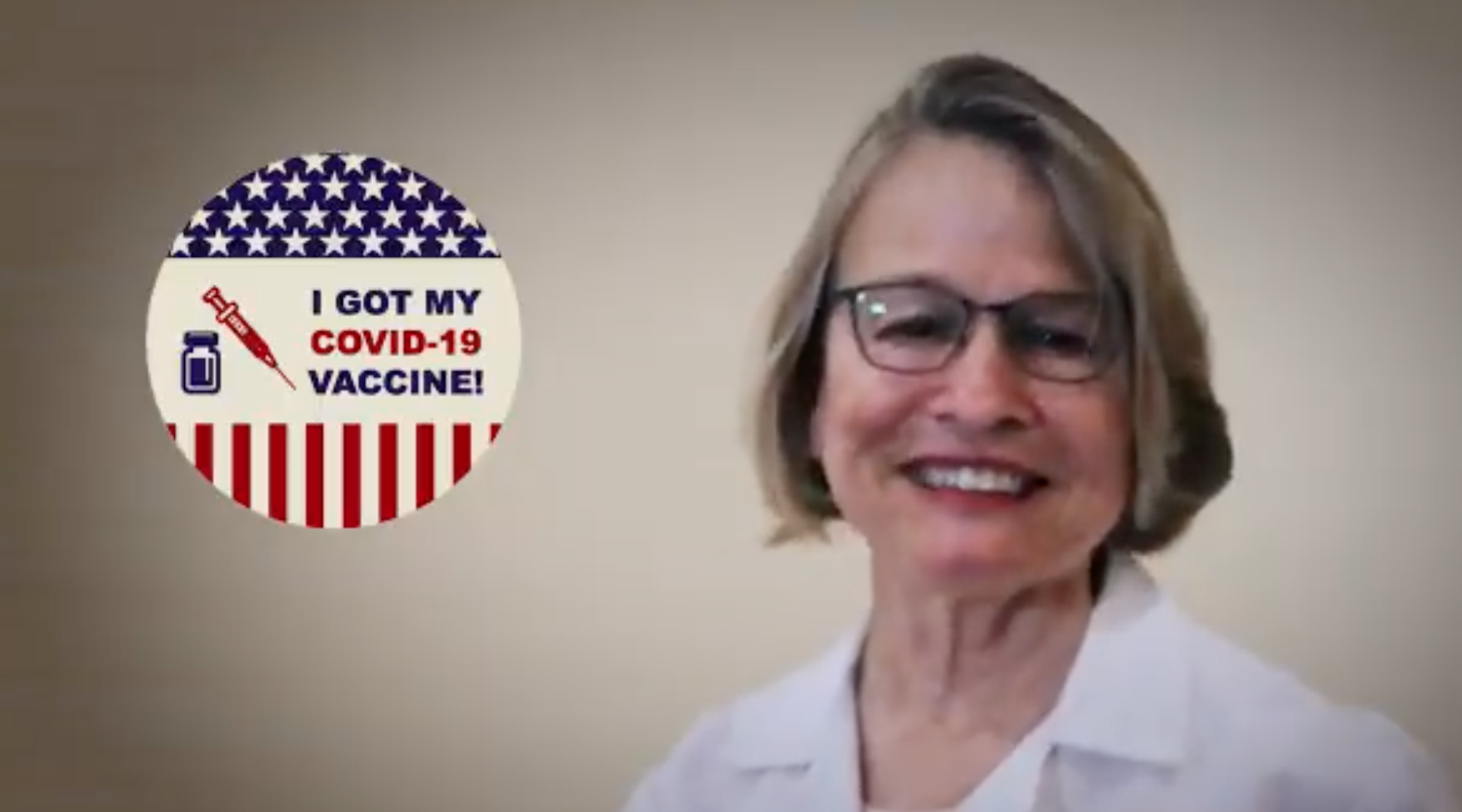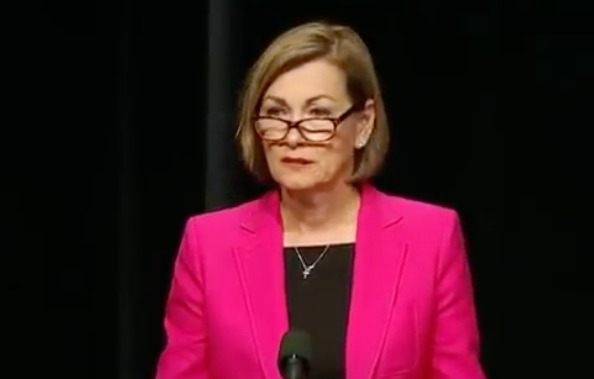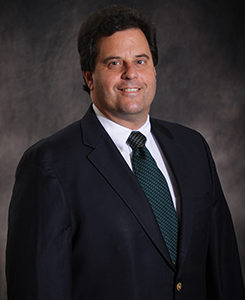Greg Cohen: We need to stop pretending the pandemic is over, because it’s not. -promoted by Laura Belin
Seven months ago, I wrote a letter to The Chariton Leader about my experiences with the COVID-19 pandemic — what was going right, what was going wrong, what frustrated me, and how America had responded. Here’s my follow up.
After more than one year, I hugged my children and grandchildren two weeks ago. I hugged my sister and brother in law last week. Although the COVID-19 pandemic is not over, all of us have finally been vaccinated and we are now reasonably safe to be together. It has been the longest year of my life.
For the last year, health care workers and scientists have toiled tirelessly to protect us. Medications have greatly reduced the chances of our being hospitalized, and we have cut the death rate by 70 percent. After a terrible surge this winter, when I diagnosed two to ten people every day with COVID-related illness, I still diagnose people with COVID–19, but far fewer of them. This makes me hopeful we can end this pandemic sooner rather than later.
Unfortunately, I fear what is happening now in Iowa and across America is undermining that work.
Continue Reading...

